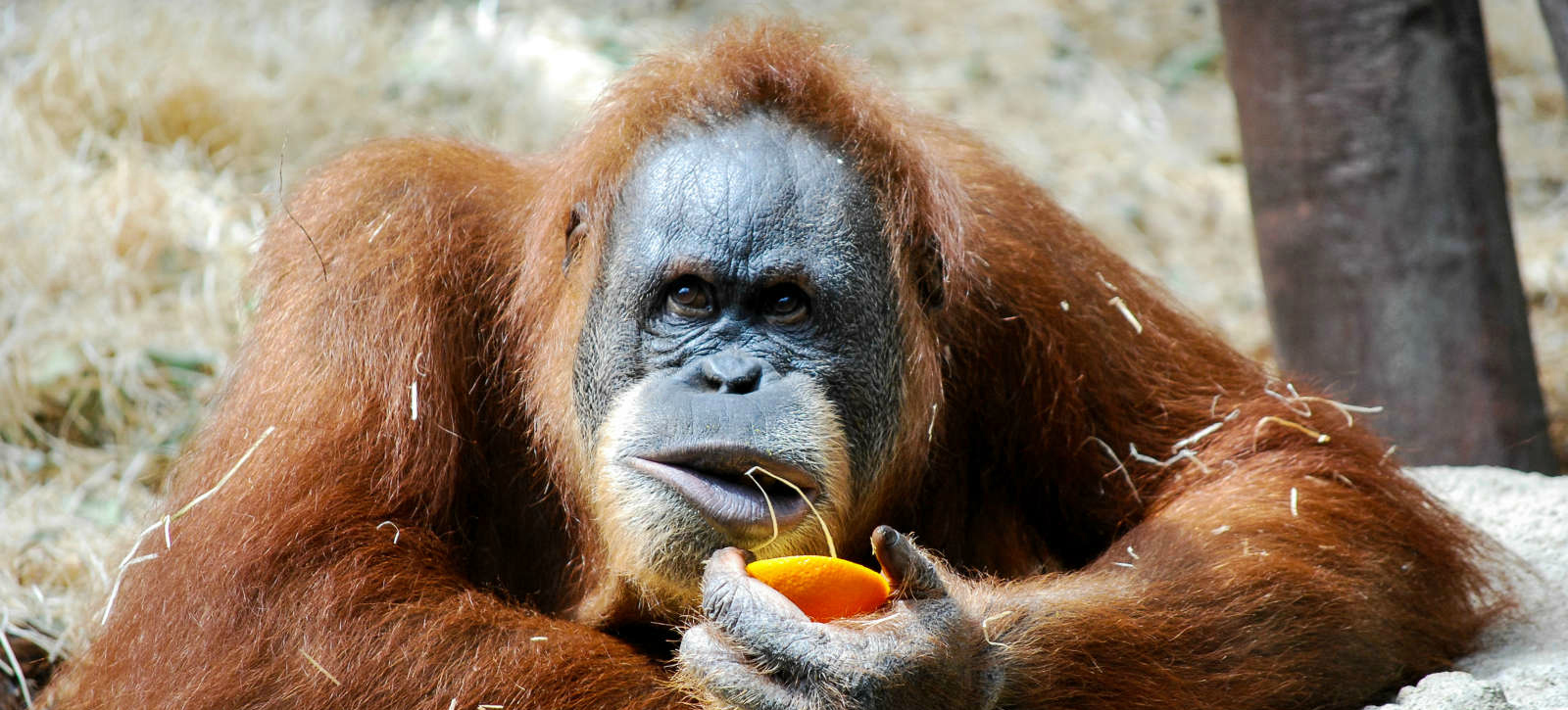
To put it simply, the secret to decelerating climate change is in the poop.
Tropical forests store roughly 40 percent of the world’s carbon, thanks primarily to large fruit-eating animals—or frugivores—that digest and spread the seeds of large, carbon-storing trees throughout the rest of the ecosystem. Without such creatures, many of these carbon-sucking tree species, one of our strongest bulwarks against global warming, wouldn’t otherwise spread throughout the rainforest. In fact, according to a new study published last week in Science Advances, the disappearance, or defaunation, of large frugivores like primates, tapirs, and toucans poses a “silent threat” to tropical carbon storage.
Researchers from the University of East Anglia simulated the extinctions of large-seeded trees that depend on frugivores to spread their seeds throughout Brazil’s Atlantic Forest, a biodiversity hotspot. As the trees disappeared, the estimated capacity of the forest to hold and store carbon overall did as well, according to the study.
Unsustainable hunting threatens about 19 percent of all tropical forest vertebrates, the study states. But not only will curbing defaunation save species from extinction, preserving tropical forests as the carbon-sucking powerhouses they are could also affect carbon markets and how global restoration projects take defaunation into account when offering developing countries financial incentives for reducing their emissions from deforestation and forest degradation. Deforestation contributes anywhere from seven to 17 percent of global carbon emissions.
“Although intergovernmental policies to reduce carbon emissions and reforestation programs have been mostly focused on deforestation,” the researchers write, “our results demonstrate that defaunation, and the loss of key ecological interactions, also poses a serious risk for the maintenance of tropical forest carbon storage.”

“Catastrophic Consequences of Climate Change” is Pacific Standard‘s year-long investigation into the devastating effects of climate change—and how scholars, legislators, and citizen-activists can help stave off its most dire consequences.




